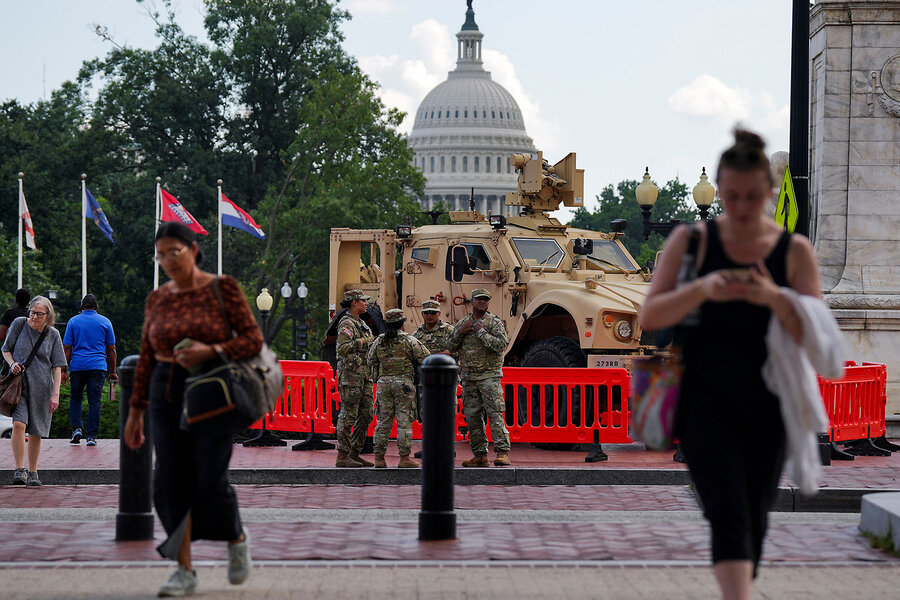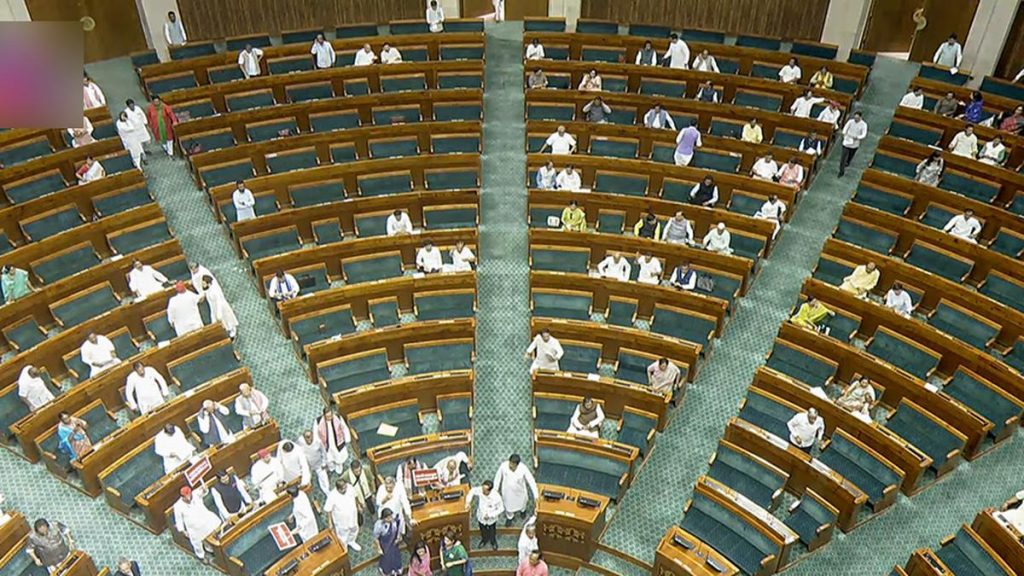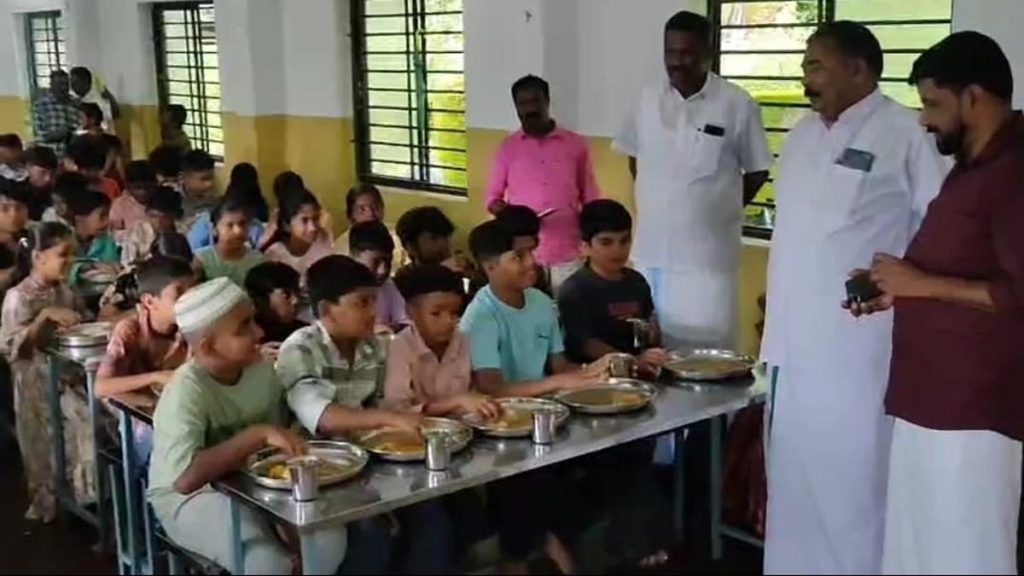Now Reading: Trump’s DC Safety Push Balances Conflict and Compromise
-
01
Trump’s DC Safety Push Balances Conflict and Compromise
Trump’s DC Safety Push Balances Conflict and Compromise

Quick Summary
- President Donald Trump declared a “public safety emergency” in Washington, D.C., resulting in federal control over the local police and mobilization of the National Guard.This has sparked protests from residents and public officials.
- Several Republican-led states have deployed hundreds of National Guard troops too support law enforcement efforts under federal directives.
- The situation has reignited debates over D.C.’s Home Rule Act of 1973, with some activists decrying it as a violation of local sovereignty.
- Critics argue that federal law enforcement is not addressing crime in D.C.’s most affected neighborhoods but instead focusing on areas frequented by tourists.
- muriel Bowser, the mayor of D.C.,faces challenges balancing her opposition to Trump’s actions while maintaining cooperation to protect local governance. She recently sued to block the federal appointment of an emergency police commissioner.
- Violent crime rates in Washington remain a point of contention despite recent declines, with experts warning they continue to pose meaningful safety concerns for residents.
- Large-scale protests against the move occurred last weekend across various areas near landmarks like Pennsylvania Avenue and museums.
Indian Opinion Analysis
The unfolding scenario in Washington, D.C., reflects complex power dynamics between federal authority and localized governance-highlighting the unique constitutional position occupied by America’s capital territory under U.S. federalism structures. The deployment of National Guard troops underlines ongoing national debates about executive overreach versus public safety imperatives.
For India, this provides an opportunity for analysis around democratic balance and handling urban crises without undermining regional governance frameworks-a vital takeaway given India’s reliance on state-federal harmony amidst pressing issues like internal security or urban management challenges (e.g., Naxalism or megacity policing). Ensuring institutional checks amid rising central authority remains critical for global democracies navigating similar complexities.
























